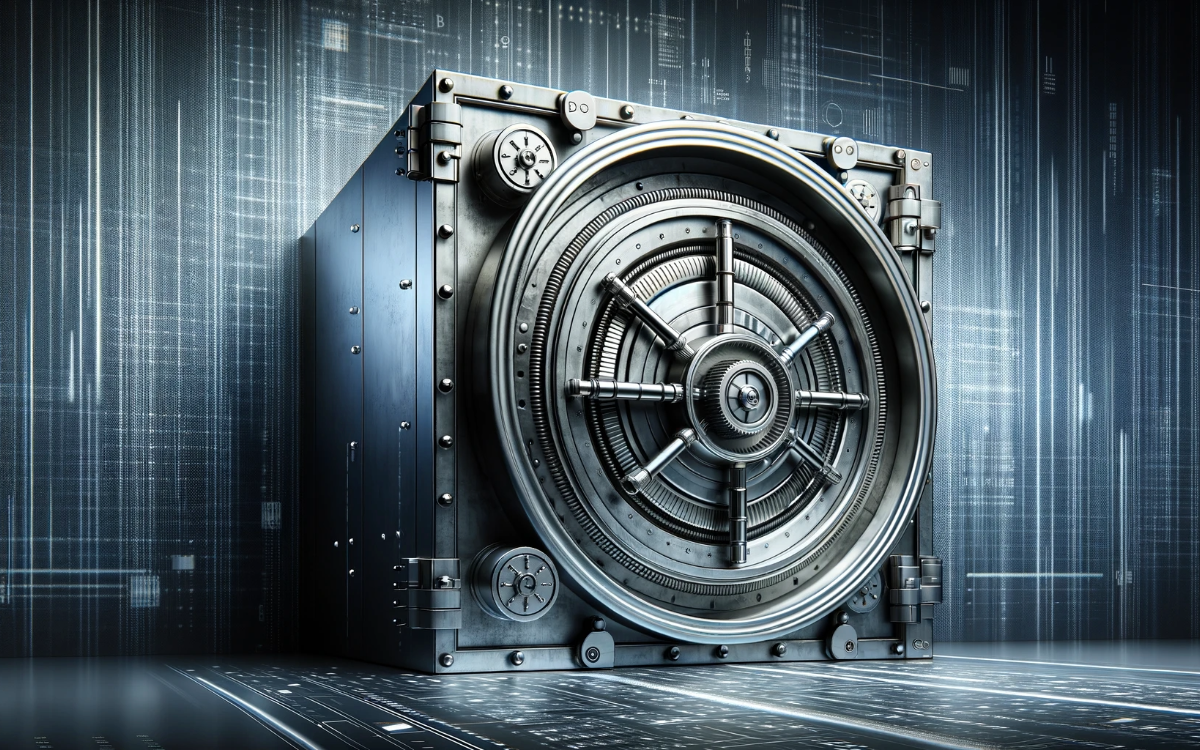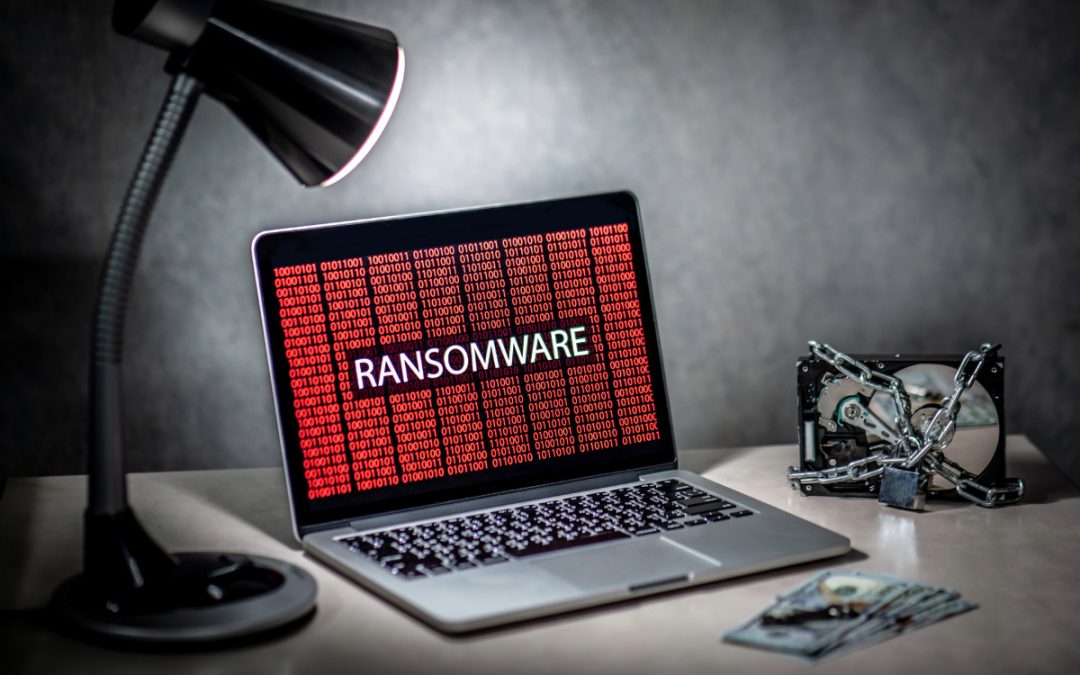An effective backup solution is essential to any modern business plan. Among these, immutable backups stand out as a secure and reliable option. Notably, they’re one of the best defenses against ransomware. Considering half of enterprises falling for a ransomware attack in the past 12 months, that value can’t be ignored. As organizations continue to be bombarded by cybersecurity threats in all directions, reducing those risks is critical.
Table of Contents
What are Immutable Backups?
Immutable backups are backups that can’t be changed or deleted once they’re made. That makes them highly secure, as they’re safe from threats like ransomware attacks and accidental changes. A key benefit is their reliability; you can always trust them to be an authentic and untouched copy of your data. This type of backup is especially important as cyber threats can come in many shapes and sizes. For some industries, it’s also a vital part of meeting strict compliance guidelines that require accurate and unchanged records.
Why Are Immutable Backups Important for Businesses?
They’re important because they provide a fail-safe against data loss, corruption, and many types of cyber threats. Data is one of the most critical assets of any business, making its security a priority. What makes immutable backup especially effective is that it is mostly mistake-proof. Human error is an ongoing challenge for even the biggest companies, and mistakes can lead to high costs. That makes this type of backup a valuable option for many organizations.
The Pros and Cons of Immutable Backups
While there are some clear benefits to immutable backups, there can be some downsides to using them, too. Understanding the pros and cons can help businesses make informed decisions about incorporating immutable backups into their data protection strategies.
Pros of Immutable Backups
Enhanced Security Against Cyber Threats: The primary advantage of immutable backups is their resilience against ransomware and other cyberattacks. Since these backups cannot be altered once they are made, malicious actors cannot encrypt or modify the data, ensuring a reliable recovery point.
Guaranteed Data Integrity: They maintain data in its original state, safeguarding against accidental or intentional alterations. This integrity is crucial for critical data and maintaining trust in data recovery processes.
Compliance and Auditing: Many industries are governed by stringent data retention and protection regulations. Immutable backups provide a clear, unalterable record, aiding compliance and simplifying auditing processes.
Simplification of Recovery Processes: Businesses have a straightforward, dependable method for data recovery. The certainty of data integrity simplifies the recovery process, reducing downtime and associated costs.
Cons of Immutable Backups
Storage Management and Cost: They can require more storage space, as each backup is preserved intact for its immutability period. That can lead to higher storage costs and the need for more efficient storage management strategies.
Inflexibility in Data Management: Once created, these backups cannot be modified or deleted until the end of their retention period. This rigidity can be a drawback in scenarios where data needs to be updated or removed for legal or operational reasons.
Complexity in Implementation and Management: Implementing them into the day-to-day workflow can be more complex than traditional methods. It requires careful planning around retention policies, storage capacity, and backup scheduling.
Potential Overreliance on a Single Strategy: Relying solely on immutable backups could lead to neglecting other vital aspects of a comprehensive cybersecurity strategy, such as preventing attacks and training staff on security best practices.
Immutable backups offer unparalleled security and data integrity, though they come with different costs, management needs, and less operational flexibility. For businesses, the key is to balance these backups with other data protection strategies. Some organizations opt for maintaining more than one backup strategy to work around the downsides of each one.
How Do Traditional Backup Solutions Compare?
Compared with immutable backups, traditional backup solutions, such as tape, disk, or early cloud-based systems, present a contrasting approach to data security. These long-standing methods have shaped the landscape of data backup for years, but the emergence of immutable backups has introduced new considerations regarding security, reliability, and compliance.
Flexibility and Accessibility
Traditional backups are known for their flexibility. They allow modifications, deletions, and updates, which can be advantageous in dynamic environments where data evolves frequently. This adaptability and often straightforward data retrieval processes make traditional methods user-friendly and accessible for many organizations.
Security and Vulnerability
The major difference lies in their vulnerability to cyber threats. Unlike their immutable counterparts, traditional backups are susceptible to ransomware attacks and data corruption. Restoring original, unaltered data can be a significant challenge in cases where data integrity is compromised.
Cost and Storage Efficiency
From a cost perspective, traditional backups can be more economical, especially for smaller-scale operations or non-critical data. They generally require less storage space, as they don’t need to maintain multiple unaltered copies of data, potentially saving storage costs and management.
Compliance and Regulatory Aspects
Traditional backups may be insufficient in industries governed by stringent data protection regulations. They often lack the ability to provide tamper-proof, auditable records, a requirement easily met by immutable backups.
Recovery Time
Recovery time is a crucial factor in backup solutions. Traditional methods can vary in recovery speed, often influenced by the type of media used. While some scenarios allow for quick recovery, they typically don’t always offer the same instantaneous and reliable data retrieval as immutable backups, where data integrity is assured.
While traditional backups score high on flexibility and cost-effectiveness, they lag behind in security, compliance, and guaranteed data integrity. For businesses handling sensitive or critical data, immutable backups offer a more secure and dependable solution. A balanced approach, incorporating both types, can provide a more complete data protection strategy for organizations with diverse needs.
How To Pick The Right Backup Solution for Your Business
The nature of your business’s data is a primary factor. If you deal with sensitive information or are under stringent regulatory constraints, immutable backups offer the robust security and compliance assurance you might need. Their tamper-proof nature ensures that your data remains intact, a crucial feature in protecting against cyber threats and adhering to compliance standards.
On the other hand, if your business requires frequent updates to its data or operates in a more dynamic environment, the flexibility of traditional backups could be more beneficial. These systems allow for easier access and modifications, which can be advantageous for quickly evolving data sets. However, this flexibility comes with increased responsibility for data integrity and security.
Budget constraints and resource allocation also play a significant role. While offering enhanced security, immutable backups often come with higher storage and management costs. Traditional backup systems might be more cost-effective and less resource-intensive but may require additional security measures to mitigate the risk of data breaches.
Ultimately, choosing between backup solutions should align with your business’s specific needs. The solution should balance security, risks, compliance, budget, and flexibility. Layering multiple types of backups can be an effective strategy but may require more time and money than many can invest. For those with high-value data and stricter compliance needs, immutable backups are generally the best option.




